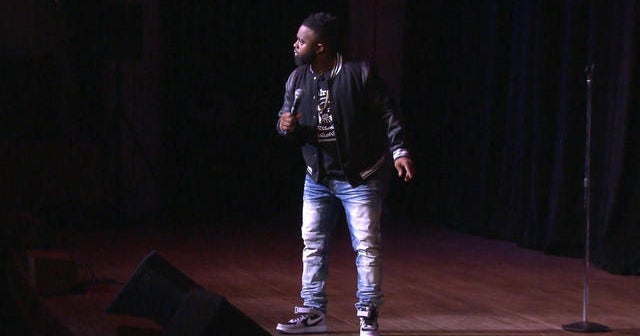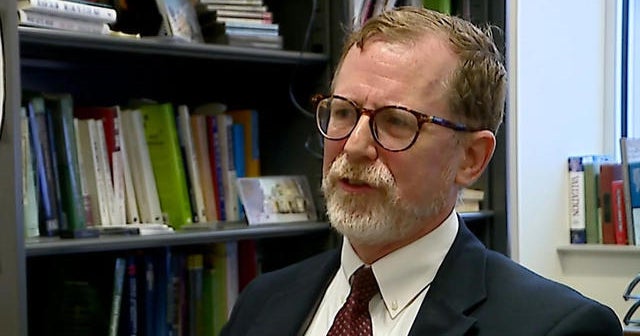The Art of Engaging Education: A Stand-Up Teacher’s Approach
In an era where traditional educational methods often fall short of engaging students, innovative approaches are becoming essential. One such method is the stand-up teacher’s approach, which combines humor and education to transform the classroom experience. This article delves into the techniques employed by these educators, the psychological and pedagogical principles behind their methods, and the positive outcomes for students.
Understanding the Stand-Up Teacher’s Approach
The stand-up teacher’s approach is characterized by the integration of comedy and interactive learning. By utilizing humor, these educators can create a relaxed atmosphere that encourages participation and fosters a love for learning. Research indicates that humor can significantly enhance memory retention and comprehension, making it an effective tool in the educational arsenal.
The Role of Humor in Learning
- Breaking Down Barriers: Humor can lower anxiety levels among students, making them more willing to engage in discussions and ask questions.
- Enhancing Memory: Information presented in a humorous context is often remembered better than dry, straightforward content.
- Building Relationships: A teacher who can make students laugh is more likely to establish rapport, leading to a more supportive learning environment.
Innovative Techniques Employed by Stand-Up Teachers
Stand-up teachers employ a variety of techniques to engage their students effectively. These methods are not just about telling jokes but involve a deeper understanding of pedagogical strategies that enhance learning.
1. Storytelling with a Twist
Integrating personal anecdotes or relatable stories into lessons can make complex topics more accessible. By adding humor to these narratives, teachers can captivate their audience and create memorable learning experiences.
2. Interactive Learning Activities
Incorporating games, role-playing, and group discussions can significantly increase student engagement. These activities allow for practical application of concepts while maintaining a fun atmosphere.
3. Use of Multimedia
Utilizing videos, memes, and social media can help bridge the gap between traditional teaching and the interests of today’s students. By referencing popular culture through humor, teachers can make lessons more relevant.
The Psychological Impact of Humor in Education
The use of humor in education is not merely a gimmick; it has profound psychological implications. Studies have shown that humor can enhance cognitive functioning and facilitate a positive learning environment.
Benefits of a Humor-Infused Classroom
- Increased Engagement: Students are more likely to participate in discussions and activities when they find the content enjoyable.
- Improved Academic Performance: A positive classroom atmosphere promotes better focus and retention of information, leading to higher academic achievement.
- Emotional Well-Being: Laughter and enjoyment in the classroom can reduce stress and anxiety, contributing to overall mental health.
Challenges and Considerations
While the benefits of humor in education are clear, it is essential to recognize the potential challenges that come with this approach. Not all humor is appropriate in every context, and teachers must be sensitive to the diverse backgrounds and experiences of their students.
1. Cultural Sensitivity
Educators must be mindful of cultural differences and avoid humor that may be offensive or alienating to some students. It is crucial to create an inclusive environment where all students feel respected.
2. Balancing Humor and Content
While humor can enhance learning, it should not overshadow the educational content. Teachers must strike a balance to ensure that lessons remain informative while being entertaining.
The Future of Humor in Education
As educational paradigms continue to shift towards more student-centered approaches, the stand-up teacher’s method is likely to gain further traction. The integration of humor into curricula can pave the way for more dynamic and engaging learning experiences.
Emerging Trends
- Technology-Enhanced Learning: The rise of online education platforms provides opportunities for humor to be incorporated into virtual classrooms, reaching a broader audience.
- Professional Development: Training programs for teachers are increasingly including humor as a vital component of effective teaching strategies.
- Research and Evaluation: Ongoing studies will likely continue to explore the impact of humor on learning outcomes, providing valuable insights for educators.
Conclusion
The stand-up teacher’s approach represents a fresh perspective on education that emphasizes engagement through humor. By creating a lively and interactive classroom environment, educators can enhance learning outcomes and foster a genuine love for knowledge. As this innovative method continues to evolve, it holds the promise of transforming education for future generations, making learning not just effective but also enjoyable.
See more TED Talks World



